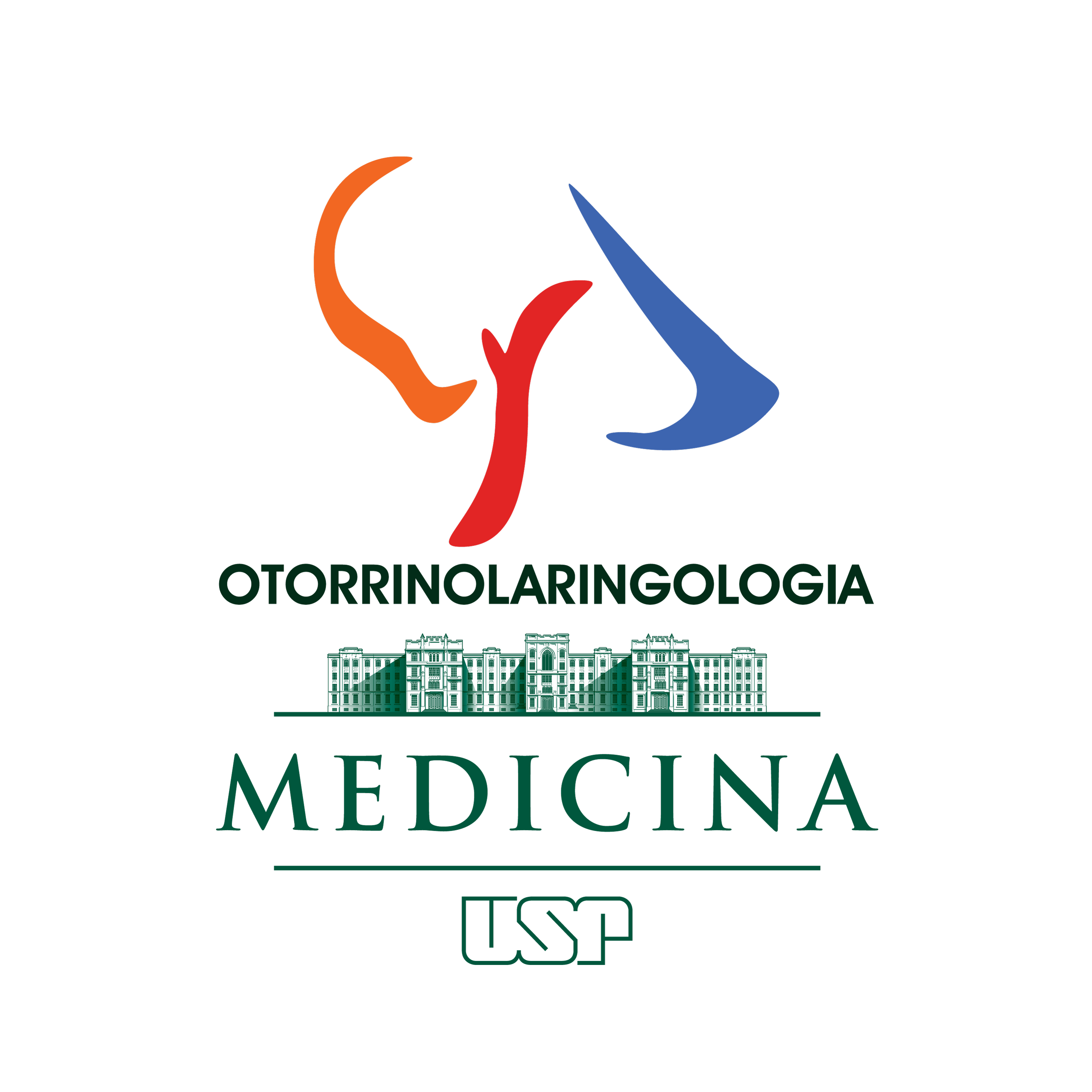Trabalho realizado em colaboração da Massachusetts Eye and Ear Infirmary, Harvard University, e Departamento de Otorrinolaringologia da Universidade de Sao Paulo, Brasil, tem destaque no site do NIH (National Institute of Health dos Estados Unidos).
O trabalho realizado pela Dra. Monica Gondim, com orientação no Brasil pelo Prof. Ricardo Bento, Neonatos prematuros de alto risco tem maior risco para forma rara de perda auditiva. com perda seletiva de celulas sensoriais como ´possível sinal de neuropatia foi apresentado na Association for Research in Otolaryngology conference e foi citado no site do NIH.
Pre-term infants are at higher risk for rare form of hearing loss. Selective loss of key sensory cells is possible sign of auditory neuropathy
It’s well known that infants born prematurely have a higher risk for hearing loss, but what’s been unclear to this point is the reason why. NIDCD-funded researchers from the Massachusetts Eye and Ear Infirmary, Harvard University, and Universidade de Sao Paolo, Brazil, set out to find the answer by conducting a postmortem examination of the temporal bones-the part of the skull that houses the inner ear-of 50 infants from the neonatal intensive care unit (NICU) of a hospital in San Jose, Costa Rica. They found that in four out of 27 pre-term babies-eight ears in all-the sensory cells that help amplify sound vibrations, called outer hair cells, appeared healthy, while the sensory cells that convert those vibrations to electrical signals that travel to the brain, the inner hair cells, were preferentially destroyed. Conversely, in the 23 full-term NICU babies, only one ear out of 46 ears showed this selective inner hair cell loss. The findings are surprising, since outer hair cells are very delicate and most hearing loss in people is due to dysfunction, damage, and death of these sensory cells, in comparison to inner hair cells, which are much more resistant to damage. When inner hair cells are destroyed, the hearing signal never reaches the brain, even if the outer hair cells are still functioning normally. This condition is known as auditory neuropathy. The findings help explain why other researchers have observed a higher incidence of auditory neuropathy in pre-term babies and suggest that the underlying pathology in auditory neuropathy is not actually due to loss of neurons, as the name implies, but to loss of the inner ear sensory cells that drive them.
The poster “Selective Inner Hair Cell Loss in Premature Infants” took place Sunday, Feb. 20, at 1:00 p.m. in the Grand Ballroom.



